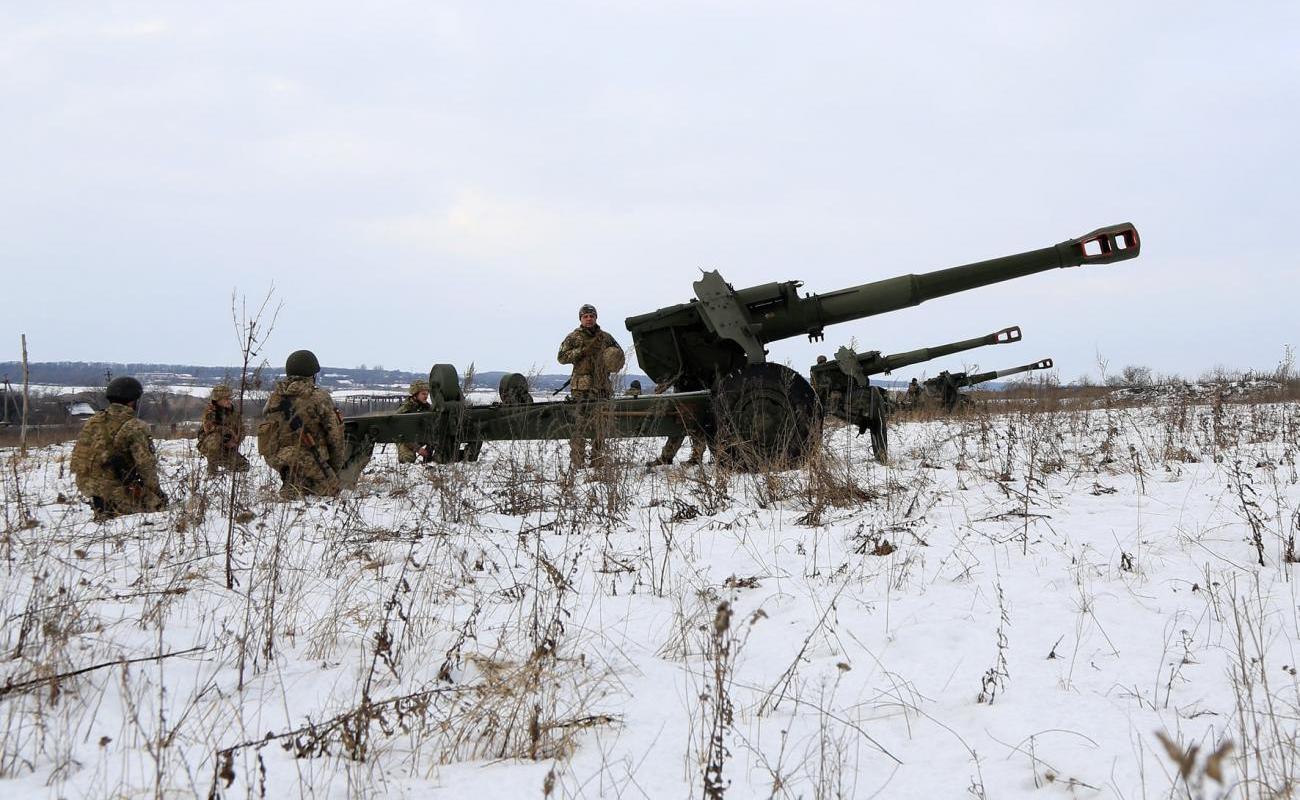Three-quarters of the population of the Russian Federation approve of the invasion: how Russians learned not to worry about war

Russian society has learned not to worry about war, writes American historian of Ukrainian origin Alexander Motil. In the end, it turns out that three quarters of the country's population approve of war and genocide...
Are average Russians to blame for the war against Ukraine? What about accountability? Are they getting off the moral hook?
A recent report by two Russian experts affiliated with the Carnegie Endowment for International Peace suggests that the answer lies somewhere between the first two options.
The report, titled "Alternative Reality: How Russian Society Learned Not to Worry About War," is a sad read.
"In the nearly two years that have passed since Russia launched a 'special military operation' against Ukraine on February 24, 2022, Russian society has become accustomed to living against the backdrop of a brutal armed conflict," write co-authors Denis Volkov and Andriy Kolesnikov.
There is nothing surprising in this: even Ukrainians, who physically live in the midst of violence, are already used to war.
Some Russians actively oppose the war and the regime. Some, "turbopatriots", "honestly and aggressively support" the president and dictator of Russia, Vladimir Putin. Unfortunately, the authors write, "the vast majority are apathetic and simply passive and automatically 'mostly support' what the regime is doing, waiting 'for it to be over'".
Their support for Putin's criminal regime is pretty bad. It is much worse that "this part of the population has decided to become apathetic: their condition can be called "learned indifference". Putin is a legitimate leader in the eyes of such people, so his "special military operation" should be the same.
The key word in this passage is "chosen." When you make a choice, you are aware of the alternatives and you consciously, deliberately prioritize one over the other. Ignorant people who believe X didn't choose to believe X. It's just part of their mindset.
Therefore, when Russians prefer to be indifferent to the crimes committed in their name in Ukraine, they are fully aware of these crimes, but still prefer to support Putin and his war.
Please note that this is not an active opposition. Given the deeply repressive nature of Putin's regime and the horrific sanctions it imposes on even the slightest expression of dissent, it is understandable and even forgivable that Russians avoid taking to the streets at the risk of losing everything.
But the Russians, who preferred to remain indifferent, did so in polls, not in demonstrations. They practically risked nothing by answering "I don't know" or "I can't say" questions. Instead, they chose to support Putin and the war, just as they chose not to express their opposition or neutrality when it came to the conflict. In short, they chose to be either guilty, or responsible, or both. At least it is clear that "a fifth of the Russian population, who are active and uncompromising supporters of the war", definitely bears the blame for the crimes committed by Russia in Ukraine.
Unfortunately, according to a study by Volkov and Kolesnikov, only about 20 percent oppose the war and therefore bear neither guilt nor responsibility. Like it or not, the opposite is true for everyone else.
When three-quarters or more of the population approve of war and genocide, we are in an area that goes beyond polling and includes culture. Russians are not savages. But they seem all too ready to recognize the legitimacy and power of savage rulers: the bloodthirsty, cruel and arrogant tyrants who, with rare exceptions, ruled first Muscovy, then the Russian Empire and the Soviet Union.
Russians have rebelled throughout history, so Volkov and Kolesnikov's assumption that they will never oppose Putin's regime is disproved by the past. But submission was the norm, while demands for freedom, however anarchic, were deviations from it.
As a KGB staff officer, Putin knew this when he came to power in 1999. And he realized that requiring his propaganda apparatus to rely on that cultural heritage would only add credibility to his message—that Russia will be great again and that Putin is the man who can make it happen—and thereby strengthen his rule.
As a result, as many Russians and Ukrainians have said, "we have what we have": a slave population that prefers crime to justice, but who, if circumstances allow, can turn against their masters, burn and loot their property. In this sense, the study of Volkov and Kolesnikov will inspire the Kremlin - but only up to a certain point. Putin and his entourage know very well that, like many of their predecessors, they are subject to wild outbursts of popular anger.
